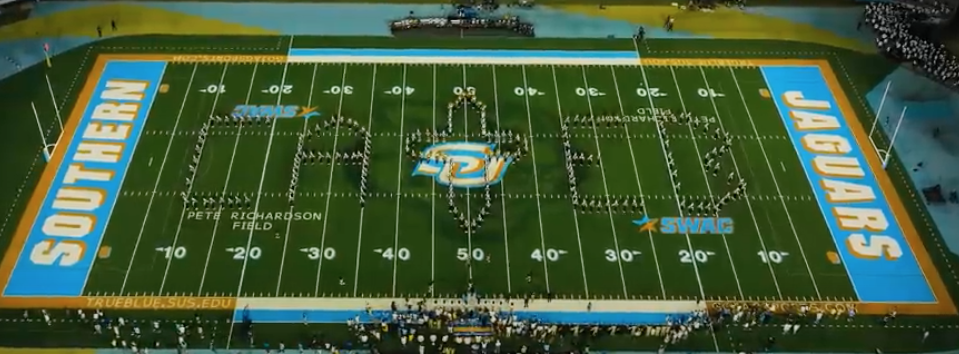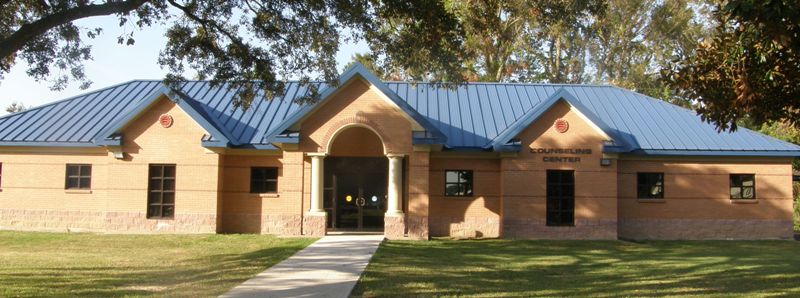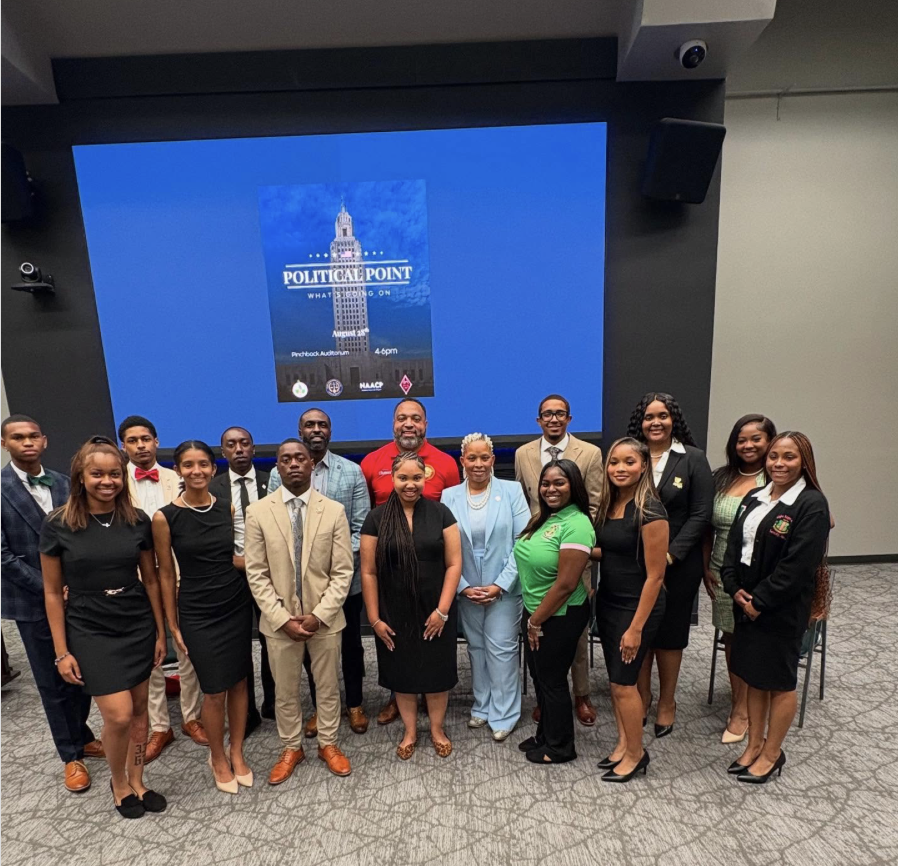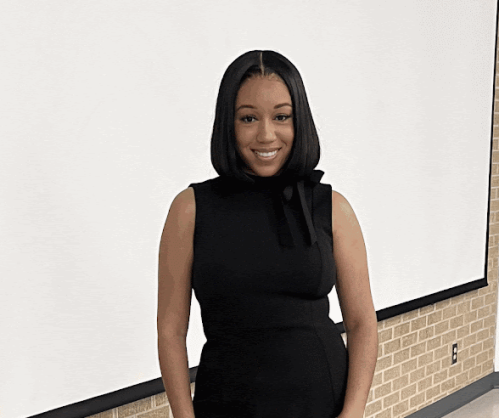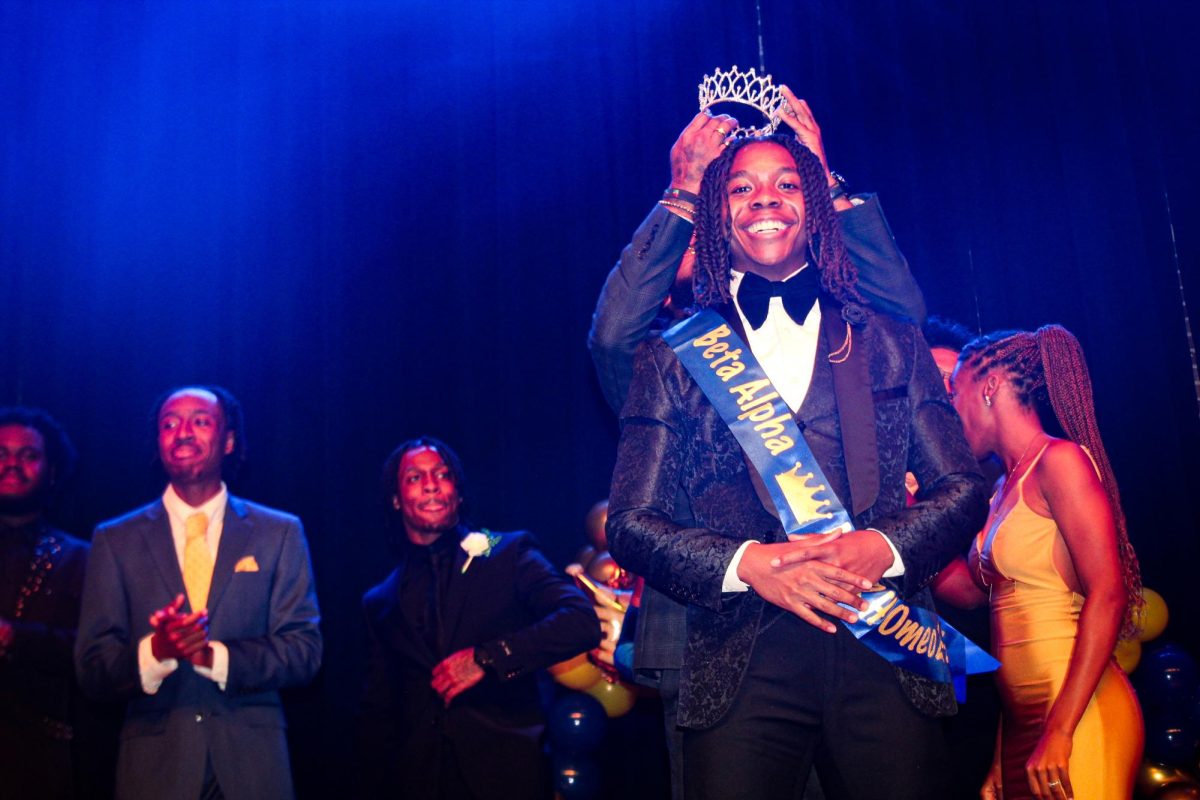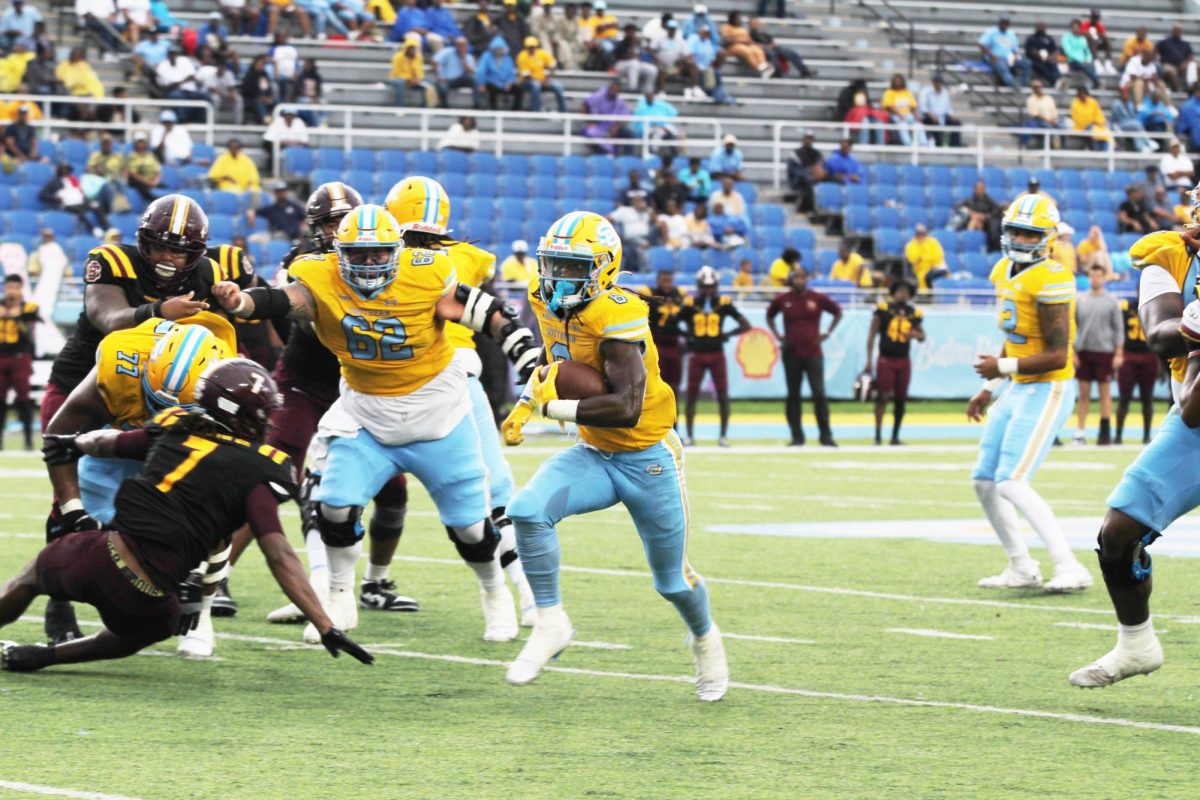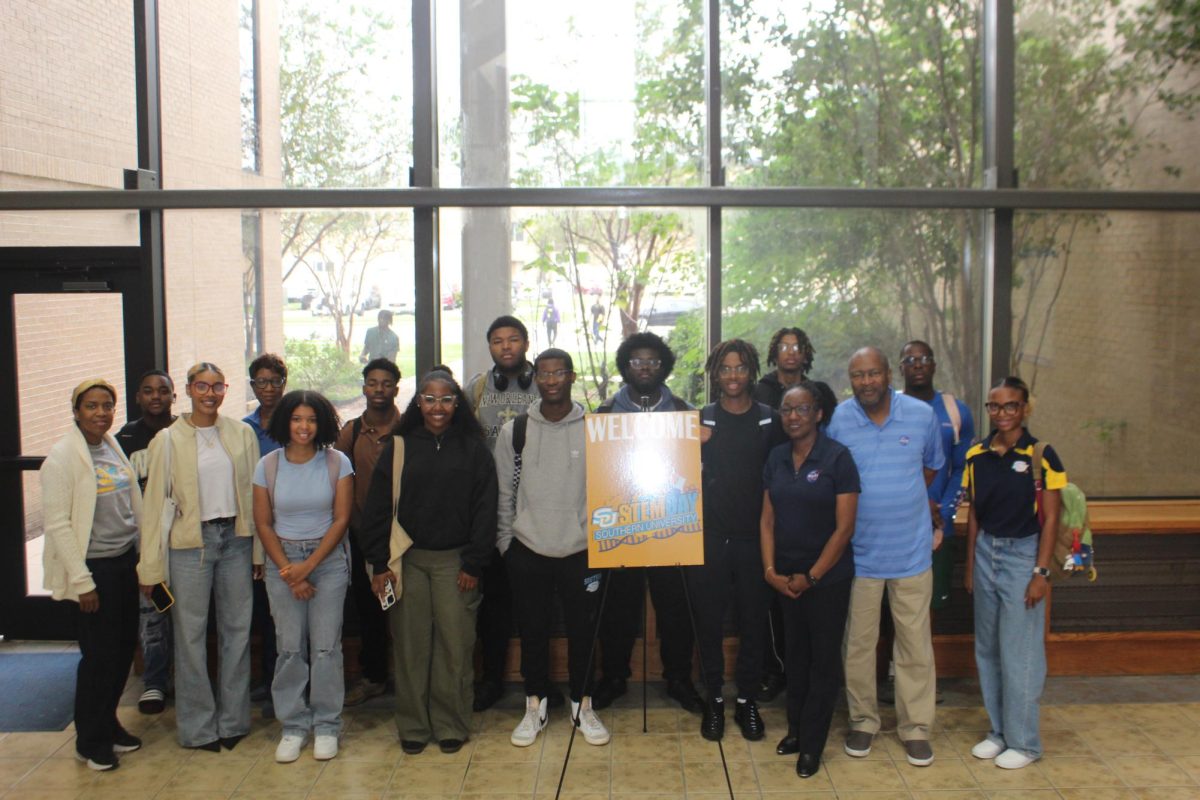As the nation’s only historically black college system with five campuses in Louisiana’s three largest cities, Southern University and A&M College (SUBR) has a rich history that is filled with pride, excellence and resiliency.
Southern originally began in New Orleans, Louisiana in 1880, after a group of black politicians, P.B.S. Pinchback, Theophile T. Allain, and Henry Demas petitioned the State Constitutional Convention in 1879, in order to establish an institution of higher learning for “colored people.”
The following year, Southern came into existence and was chartered on April 10, 1880, with the passage of ACT 87 of the Louisiana General Assembly, which allowed the establishment of an institution of higher learning for African Americans.
Southern officially opened their doors on March 7, 1881 on Calliope Street in New Orleans.
The university had twelve students, five faculty members, and a budget of $10,000. It remained at that location until 1883, and then relocated to Magazine Street and Soniat Street Square.
The first courses at the institution were pre-college level. Eventually, college level courses as well as career training were added.
A significant development occurred in 1890, with the passage of the Second Morrill Act of 1890, which allowed Southern to be designated as a land-grant institution and establish an Agricultural and Mechanical Department. It was during this year that the institution was officially renamed Southern University and Agricultural & Mechanical College. The university relocated again to Scott’s Bluff in Scotlandville, Louisiana, facing the Mississippi River just north of Baton Rouge. The land that was purchased for the new location was sold for only $5,764.27.
The school reopened March 9, 1914 under the presidency of Dr. Joseph Samuel Clark.
Dr. Clark was the first president at the new SUBR location. During his tenure, the university continued to develop and expand. Enrollment of students went from 47 to 500, degree offerings were extended to four years, and the colleges of the Arts and Sciences, as well as the College of Education were developed during this time.
President Clark retired in 1938, and his son, Dr. Felton Grandison Clark succeeded him, presiding until 1969.
Enrollment continued to increase, growing to nearly 10,000 students. 33 of the 114 buildings were built during this time.
In 1947, Southern was authorized to open what is now called the Southern University Law School, when LSU’s Law School refused to admit African Americans.
Still during Clark’s tenure, Southern University at New Orleans (SUNO), in 1956, and Southern University at Shreveport (SUSLA), in 1964, were both established as branches, in addition to the Graduate School in 1957.
Dr. Felton G. Clark was succeeded by Dr. G. Leon Netterville, and the Southern University System was officially established in 1974.
Today, the SUBR campus has roughly 6100 students, 47 buildings, and is thriving under the leadership of system President-Chancellor, Dr. Ray L. Belton.
Categories:
History of Southern University
October 3, 2017
0
More to Discover

